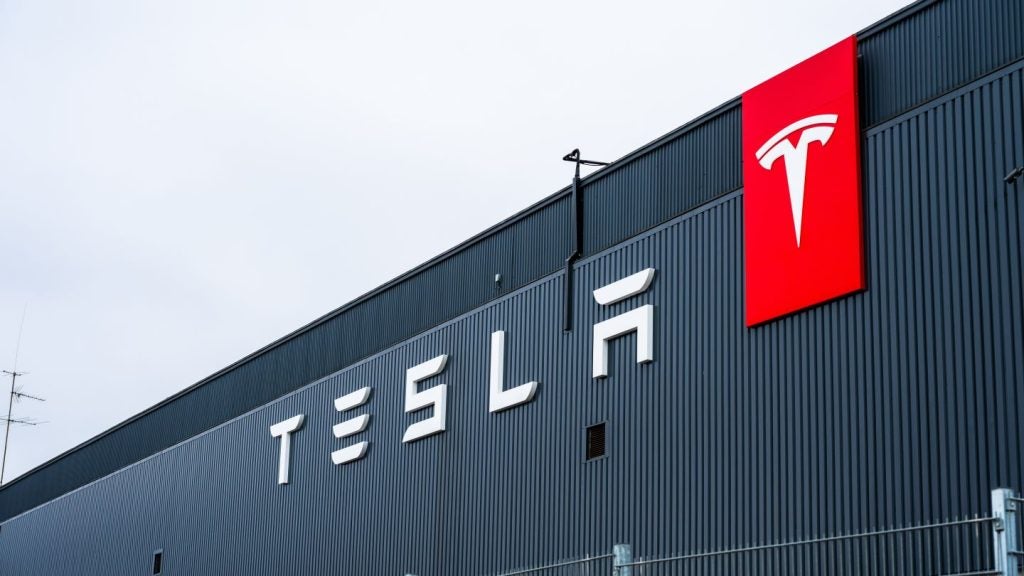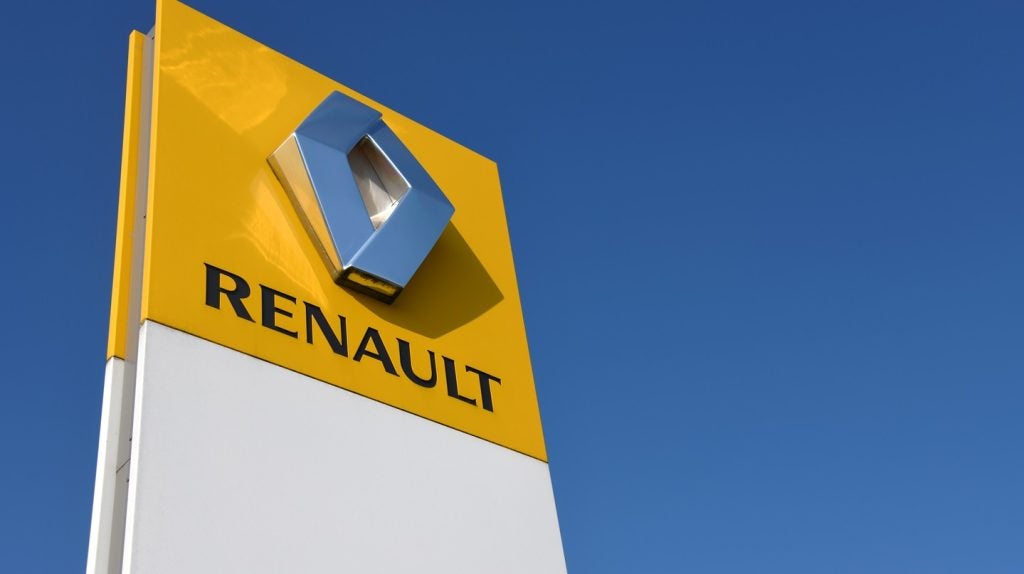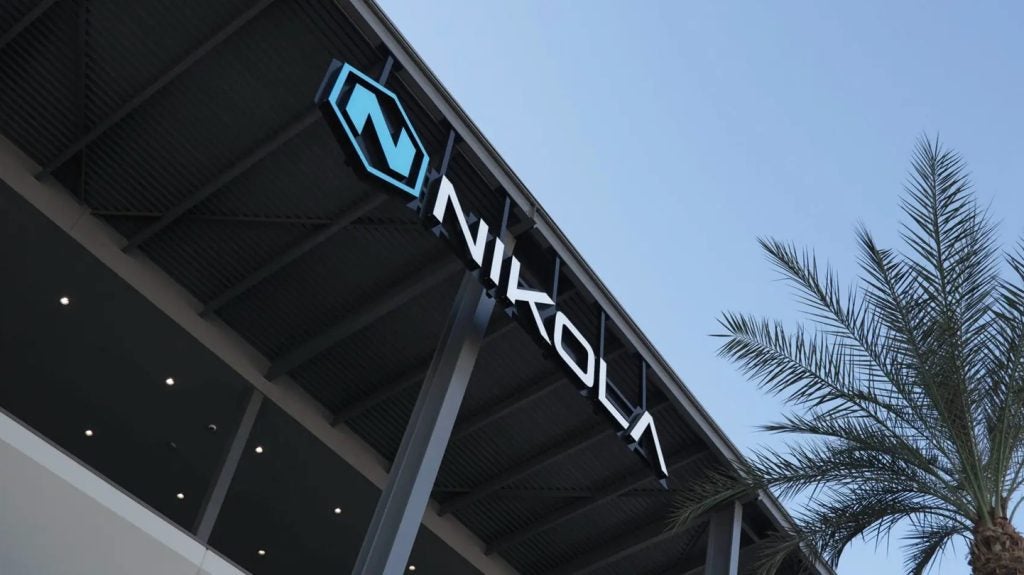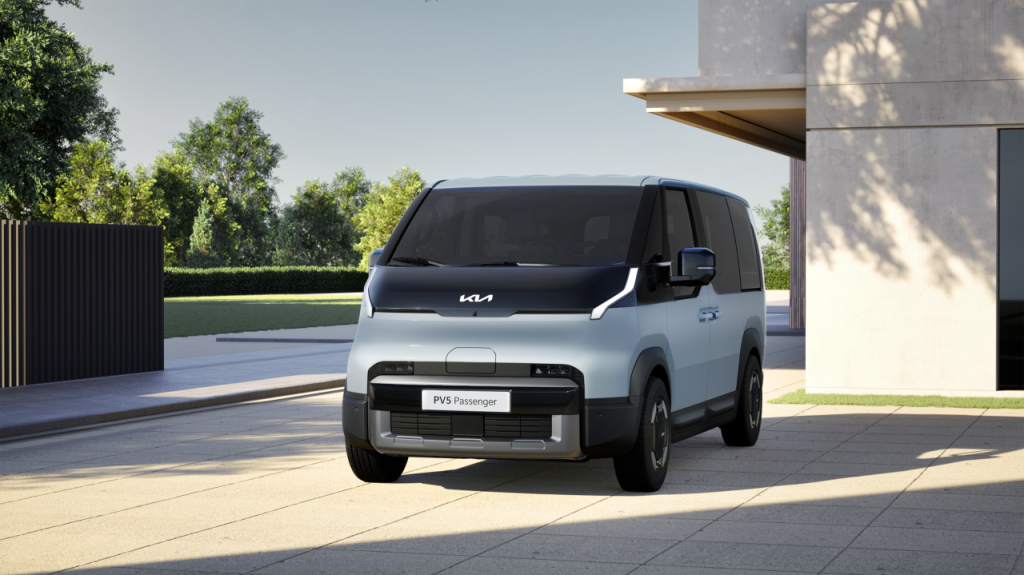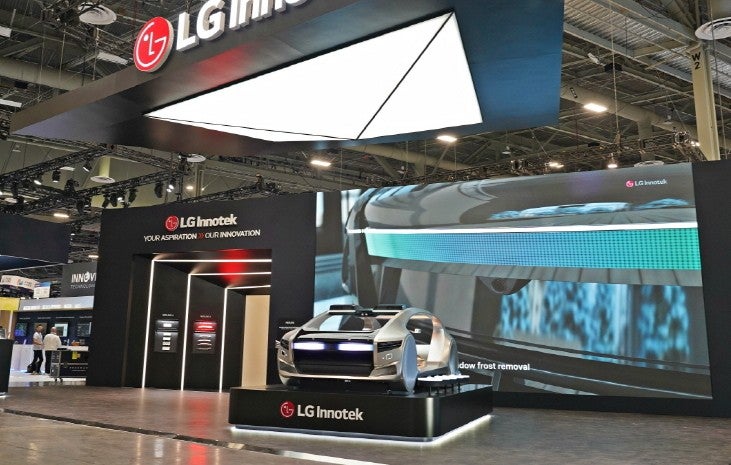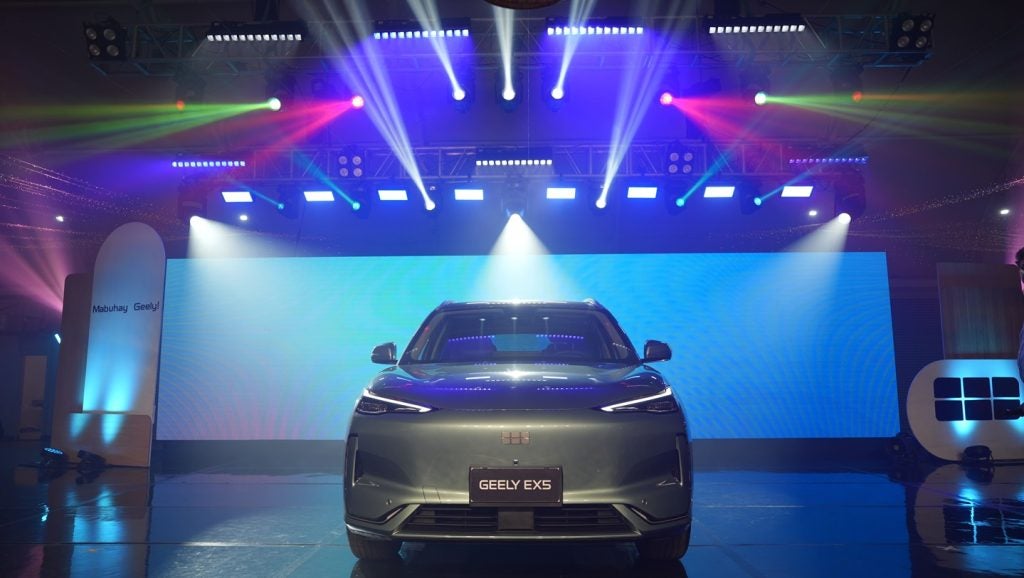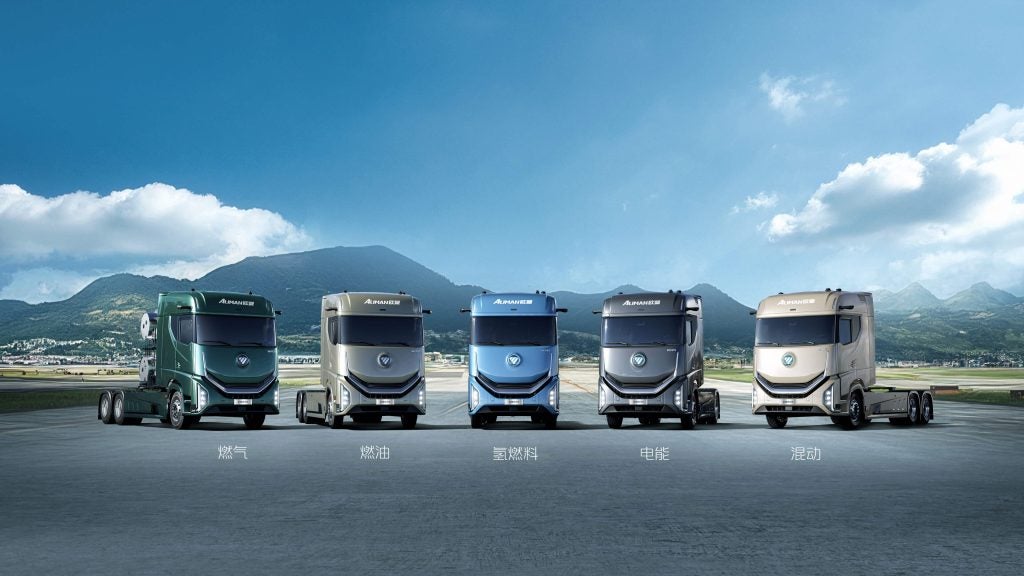Tesla has identified sites for showrooms in New Delhi and Mumbai, marking progress in its strategy to enter India's automotive market, reported Reuters.
The US carmaker has been seeking showroom spaces since late last year, after pausing its market entry plans in 2022.
The selection of showroom spaces follows a meeting between Indian Prime Minister Narendra Modi and Tesla CEO Elon Musk in the US last week, where they discussed space, mobility, and technology.
Tesla has secured a lease in the Aerocity area near New Delhi's international airport, two anonymous sources familiar with the discussions told the news agency.
Aerocity is known for its hotels, retail outlets, and global corporate offices.
In Mumbai, Tesla has opted for space in the Bandra Kurla Complex, a business and retail hub near the city's airport.
Both showrooms will be approximately 5,000ft2 in size, as per the source.
While opening dates for the showrooms are yet to be decided, Tesla plans to sell imported electric vehicles (EVs) in India.
These locations are designated for showrooms, not service centres, and Tesla will manage the outlets.
Tesla did not immediately respond to requests for comment.
Additionally, Tesla has posted job advertisements for 13 mid-level positions in India, including store and customer relationship managers.
Musk has previously criticised India's high import tariffs of around 100% on EVs, which Tesla has lobbied to reduce.
Local automakers have resisted Tesla's entry, fearing it could impact their EV plans. Despite ongoing discussions, Tesla hesitated due to high import duties.
Recently, India reduced its basic customs duty on vehicles priced above $40,000 from 110% to 70%.
US President Donald Trump recently highlighted India's high car duties but agreed with Modi to pursue an early trade deal to resolve tariff issues.
Although India's EV sector is smaller than China's, it offers Tesla an opportunity amid declining sales, marking its first yearly drop in EV deliveries in over a decade.
India recorded nearly 100,000 EV sales last year, while China achieved 11 million.


